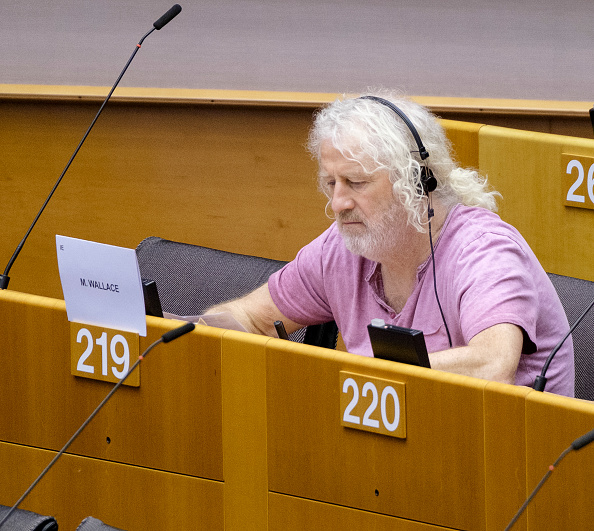Following the fall of Bashar al-Assad’s brutal regime in Syria, a growing list of European countries have suspended processing Syrian asylum cases, with Austria also saying it would deport Syrians to their home country.
On December 9, a day after the collapse of al-Assad’s rule, Austrian interior minister Gerhard Karner told the country’s national broadcaster Österreichischer Rundfunk: “In this context, I have instructed the ministry to prepare an orderly return and deportation programme to Syria.”
Austria hosts around 95,000 Syrians, with 7,300 asylum application procedures ongoing.
Karner also said Austria would re-examine all asylum applications that had already been granted. These are valid for three years, then reassessed.
Germany, UK, Italy, Austria, the Netherlands, Finland and Greece have suspended processing their asylum cases from Syria, with France indicating it may follow.
Angela Eagle, UK Minister of State for Border Security and Asylum, told BBC Radio 4’s Today programme on December 9: “We’re not planning any deportations back to a situation that is as fluid as the one in Syria at the moment, countries have to be safe.”
Since 2011, the UN says more than 14 million Syrians have been forced to flee their homes in search of safety. Syrians across Europe and the Middle East who had fled al-Assad’s regime make up part of what is the world’s largest pool of refugees. Over half Syria’s population is currently displaced.
In 2017, before the country’s civil war, Syria’s population was 22 million. According to the UN, 13.5 million have since then had to leave their homes. Of these, 6.7 million are now overseas and 5.5 million live in Syria’s neighbouring countries of Turkey, Lebanon, Jordan, Iraq, and Egypt.

Germany was freezing 47,270 asylum applications, interior minister Nancy Faeser said on X. The country has absorbed 850,000 Syrian migrants, the largest number of any country in Europe. In light of that, experts have said, an anti-refugee backlash has grown ahead of February 2025 German federal elections.
With the Christian Democratic Union and the Christian Social Union (CDU/CSU) opposition leading in opinion polls, their home affairs spokeswoman Andrea Lindholz told the Rheinische Post on December 8 that Chancellor Olaf Scholz should declare Germany would not accept any more refugees from Syria.
Opposition politicians noted Europe could simply end up exchanging one set of refugees for another if large numbers of Syrians were to end up having to flee a new regime there.
“We may pay the consequences of the Islamists’ takeover of Syria with significant migratory flows,” French MEP and National Rally leader Jordan Bardella wrote on X, also on December 8.
The forces that overthrew al-Assad on December 8 were headed by Hayat Tahrir al-Sham (HTS), a group that began as an al-Qa’eda offshoot and has maintained a Conservative Islamist rule in the province of Idlib, north-western Syria, suppressing public protests there.
European Union countries suspending asylum claims have not so far called for HTS to be removed by the bloc from terrorist group listings.

European member states therefore “risk rushing ahead before the country is safe”, Catherine Woollard, director of the European Council on Refugees and Exile, said on X on December 9.
Both EU and international law had “strict rules on cessation of international protection status which must be respected,” she said, including that “changes in the country of origin have to be significant and non-temporary”.
The United Nations High Commissioner for Refugees (UNHCR) guidelines say returns can only be encouraged when the changes in asylum seekers’ countries of origin are deemed “fundamental, durable and stable”.
Currently, Woollard said, the situation in Syria was “fragile, dangerous and highly unpredictable”.
Postponing decisions on pending asylum cases, as several member states have done, was “premature but allowed by EU law“, she said but added that suspending asylum or removing such status was “unlawful”.





